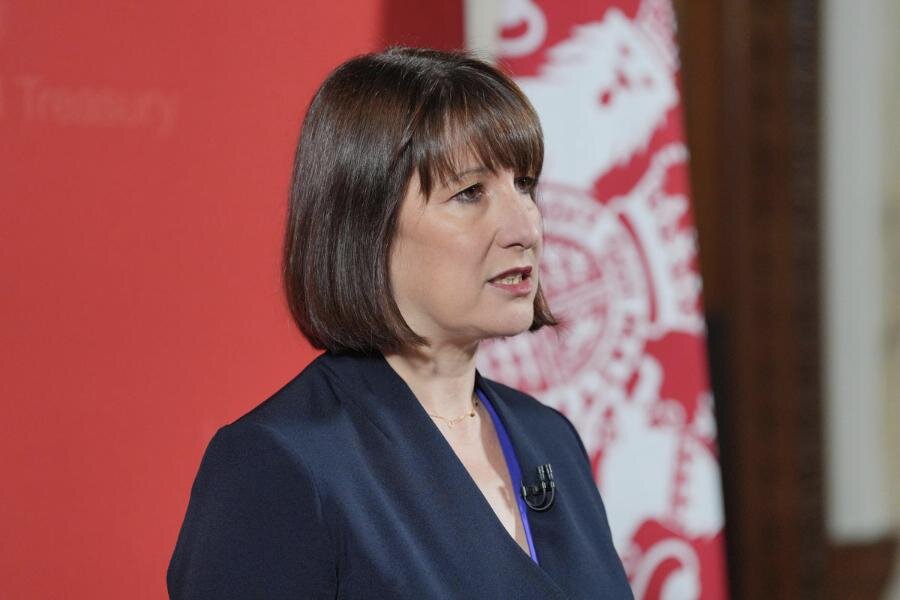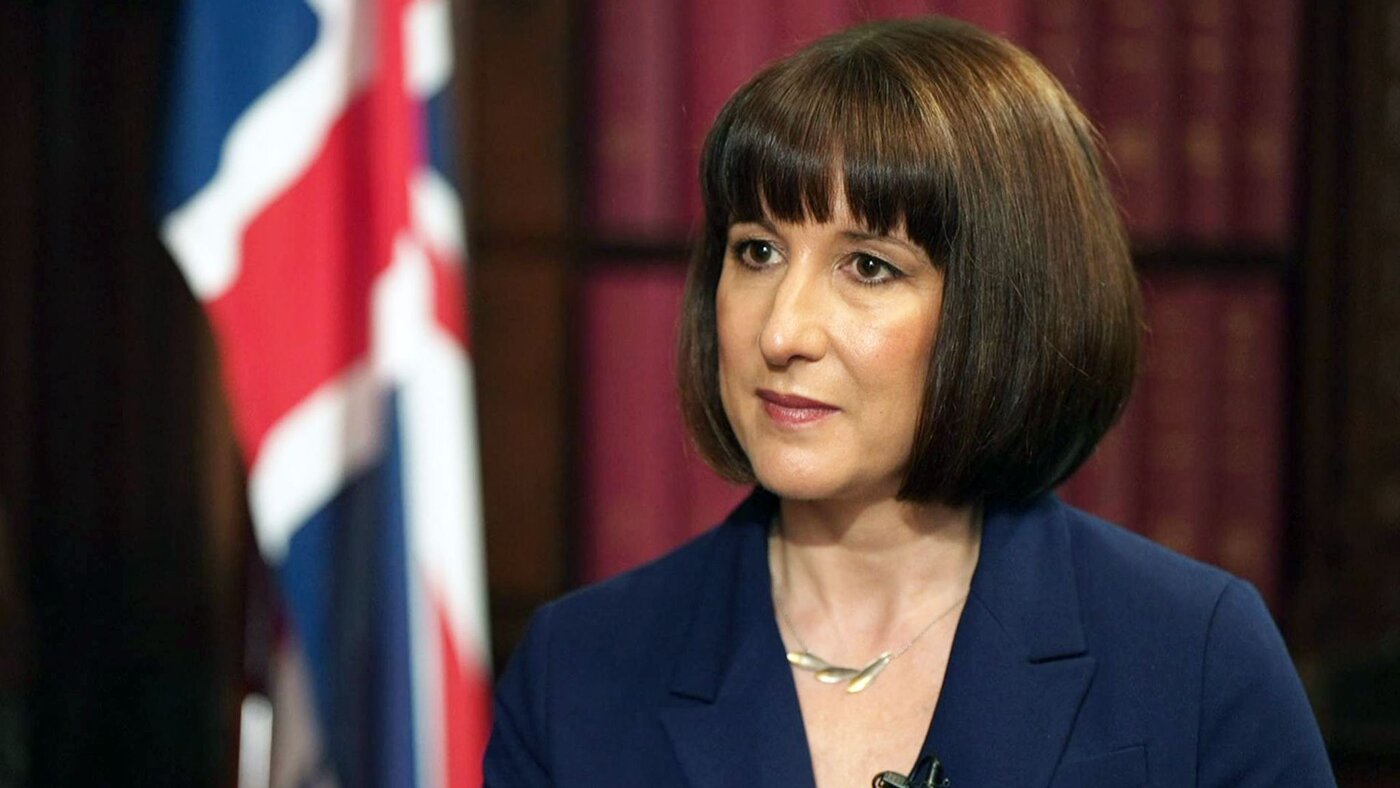Reeves dismisses wealth tax as Labour deputy race begins
Chancellor Rachel Reeves has firmly rejected calls for Labour to introduce a wealth tax, warning that such a measure is “unproven” and would be a “mistake.” Her intervention came just days after Angela Rayner resigned as deputy prime minister and deputy Labour leader, triggering a leadership contest that has exposed divisions over tax policy.
The debate comes as Reeves prepares her second Budget, due on 26 November 2025, with economists warning of a £50 billion gap in the public finances. Reeves has signalled that further tax rises are likely, though she insists they will focus on proven sources of revenue rather than untested levies on assets.
Rayner resignation sparks deputy leadership race
Angela Rayner resigned on 5 September 2025 after admitting she had underpaid stamp duty. Her departure created an immediate vacancy for Labour’s deputy leadership, sparking a contest that has already drawn speculation from across the party.
Several MPs are expected to stand, though the full field of candidates has not yet been confirmed. Wealth taxation has quickly emerged as a point of debate, with some figures on the Labour left urging Reeves and the leadership to consider the measure as part of efforts to address inequality and fund public services.
Reeves: wealth tax would be a “mistake”
Reeves rejected these calls during Treasury questions in the Commons on 9 September 2025. She argued that Labour had already acted to ensure the wealthy contribute more, pointing to reforms such as ending the “non-dom” tax regime and raising inheritance tax.
While acknowledging that some countries do levy wealth taxes, Reeves insisted the UK should avoid experimenting with an approach that has little proven record of success. She stressed that untested policies risk creating uncertainty at a time when stability is crucial for both households and investors.
Fiscal pressures mounting ahead of Budget
The Chancellor is preparing for her Autumn Budget on 26 November, where she is expected to outline measures to tackle a reported £50 billion fiscal shortfall. Reeves has already introduced significant tax rises, including an increase in employers’ National Insurance in her first Budget last year, but economists warn more revenue will be needed.
Balancing the books without stifling growth is her main challenge. Reeves has repeatedly argued that growing the economy is the best long-term route to sustainable public finances, but she faces intense scrutiny over whether her policies can deliver.

Party divisions over economic direction
Rayner’s resignation and the deputy leadership contest have amplified tensions inside Labour. Some MPs and party members argue that Reeves’s approach risks placing too heavy a burden on businesses and workers, while others back her insistence on avoiding untested policies such as wealth taxes.
The debate reflects a broader struggle within Labour over how far the government should go in reshaping the tax system. With the Budget looming, Reeves is under pressure to show that she can reconcile competing demands within her party while maintaining credibility with financial markets.
Political battlelines with Conservatives
Reeves’s rejection of a wealth tax also sets up a clear dividing line with the Conservatives. The opposition has criticised Labour’s record on taxation since coming to power, warning that rising costs for employers and households could undermine the UK’s competitiveness.
Reeves, however, insists that Labour’s policies are about fairness and responsibility. By ruling out a wealth tax, she has signalled a cautious approach that avoids sudden shifts in policy, even if it risks frustrating those in her own party calling for more radical measures.
Balancing Party Demands with Fiscal Stability
Beyond the immediate political clash, Reeves’s rejection of a wealth tax underscores the balancing act her Treasury team faces ahead of the November 26 Budget. On one hand, there is mounting pressure from Labour members, unions, and grassroots activists to pursue progressive taxation as a means of funding public services.
On the other, business leaders and international investors are watching closely for signs that the Government remains committed to fiscal stability. The decision to avoid a direct wealth levy signals Reeves’s preference for targeted measures, even as she leaves the door open for further revenue-raising policies to close Britain’s estimated £50 billion fiscal gap.

Final Summary
Rachel Reeves’s decision to rule out a wealth tax underlines her cautious approach to economic policy, even as she faces a looming £50 billion fiscal shortfall. Her comments came just four days after Angela Rayner’s resignation, which has set off a deputy leadership race that could sharpen Labour’s internal debate on tax and fairness.
While some within the party push for bold redistributive measures, Reeves is standing firm on a strategy focused on proven revenue streams, economic growth, and stability. With the November 26 Budget approaching, the Chancellor must navigate fiscal challenges, political divisions, and the expectations of both voters and financial markets. The months ahead will test her ability to balance pragmatism with Labour’s promises of fairness and renewal.











